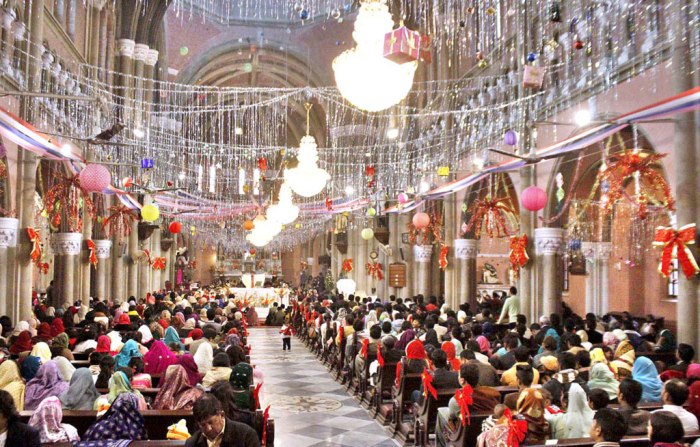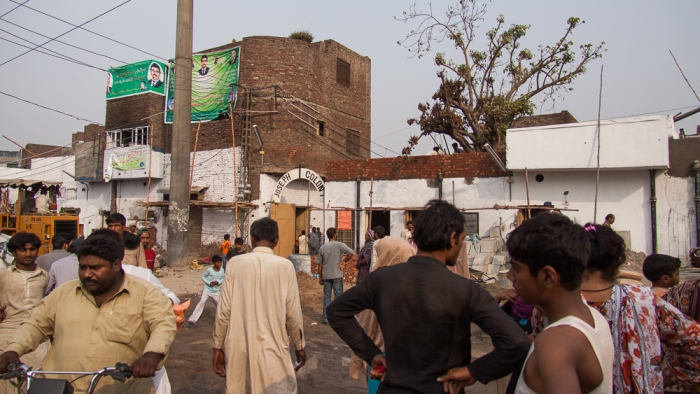On 2 March 2011 Shahbaz Bhatti, Pakistan’s Minister for Minorities Affairs, was assassinated as he left his mother’s house in Islamabad. He had spent his life dedicated to standing up and speaking out for marginalised and vulnerable minorities in Pakistan, and his legacy is still felt today.
On the 11th anniversary of his assassination, Mr Bhatti’s nephew David writes about his uncle’s life and legacy, and the situation for minorities in Pakistan today:
On a recent trip to Rome, Italy, I was able to tour the Basilica di San Bartolomeo all’Isola. For the last twenty years, this ancient church has been dedicated to the memory of Christian martyrs of the 20th and 21st centuries. Pilgrims and tourists from around the world go there to learn about and gain inspiration from individuals who – from Africa to South America, through Communism and Nazism – made the ultimate display of self-sacrificial love in the face of tyranny and evil.
On my visit, I was able to once again see, after eleven years, my uncle Shahbaz Bhatti’s bible which is displayed alongside the relics of the New Martyrs of Asia, Oceania, and the Middle East. This was the very bible that I would see on his nightstand on my visits to Pakistan – the book in which he would be immersed every morning, through which he gained his strength, and by which he lived his life. Today, it serves as an enduring symbol of his legacy: of his unwavering dedication to serving others and of his faithful and fearless pursuit for justice.
Continue reading “A hero of the faith: Remembering Shahbaz Bhatti” →




